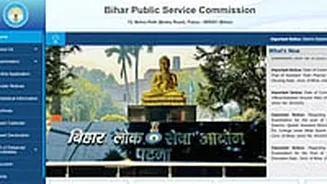Rain's Positive Impact
The recent Diwali celebrations in Mumbai were marked by an unusual weather pattern, as unseasonal rain swept through the city. This unexpected rainfall
played a significant role in mitigating the severity of air pollution during the festive period. Environmentalist Sumaira Abdulali acknowledged this beneficial impact, indicating a temporary improvement in air quality. This natural phenomenon, however, offered only a short-term solution to a more pervasive problem. The rain served as a reminder of the vulnerability of Mumbai's air quality, heavily impacted by various factors during such celebrations, and highlighted the importance of proactive measures beyond relying on weather changes to cleanse the air.
Abdulali's Perspective
Sumaira Abdulali, the founder of the Awaaz Foundation, provides valuable insights into the situation. Her perspective centers on the critical need for governmental action in tandem with environmental changes. While she recognized the positive effects of the rain, Abdulali firmly believes that the government must take further steps to tackle the issue of air pollution comprehensively. Her concerns also extended to the detrimental effects of ongoing reconstruction projects, which further contribute to deteriorating air quality. This suggests a multi-faceted approach is required, combining both immediate relief, such as the rain-induced improvement, and proactive, long-term strategies from authorities to ensure a sustainable solution.
Need for Government Action
Abdulali's call for government intervention reflects the complex nature of Mumbai's air quality challenges. It underscores the urgency to address the various pollution sources comprehensively. The government's role in this context goes beyond simply reacting to temporary improvements; it involves formulating and implementing long-term policies. This could encompass stricter regulations on industrial emissions, promoting cleaner energy sources, and managing construction activities. It also includes raising public awareness and promoting sustainable practices to minimize the overall environmental impact. This also requires active participation from all stakeholders and a coordinated effort to improve the air quality for the benefit of all citizens.
Electoral Roll Revision
In a separate development, the Election Commission is set to announce the dates for a nationwide Special Intensive Revision of electoral rolls. This significant initiative will be implemented in several states, including Assam, Kerala, Puducherry, Tamil Nadu, and West Bengal. This exercise, which has not been undertaken in two decades, aims to enhance the accuracy and integrity of voter registration. This includes updating voter records and eliminating duplicate entries and foreign nationals. The EC's action underscores the commitment to democratic processes and electoral fairness. The revision program, when implemented, will potentially lead to more credible electoral practices in the nation.























